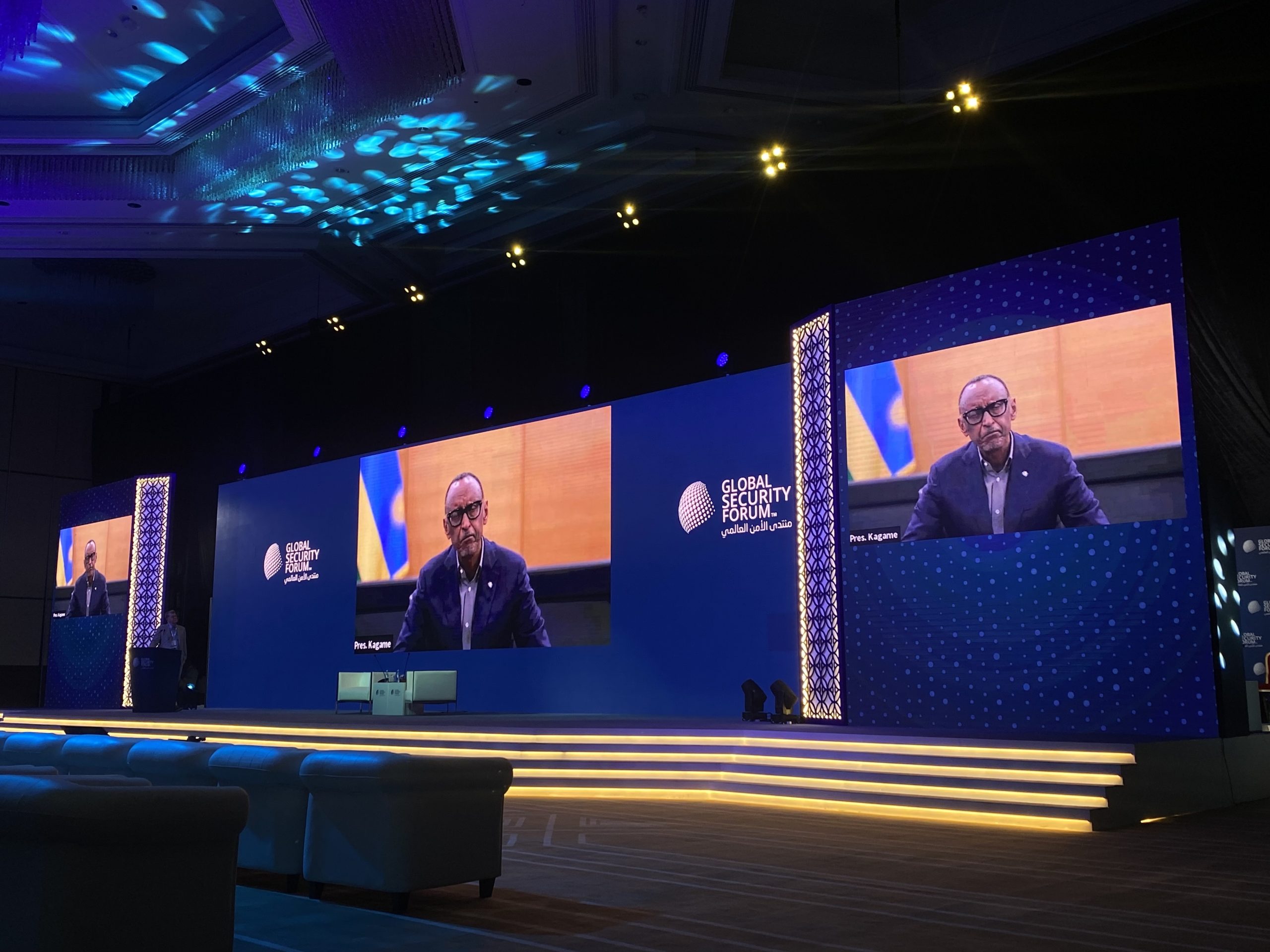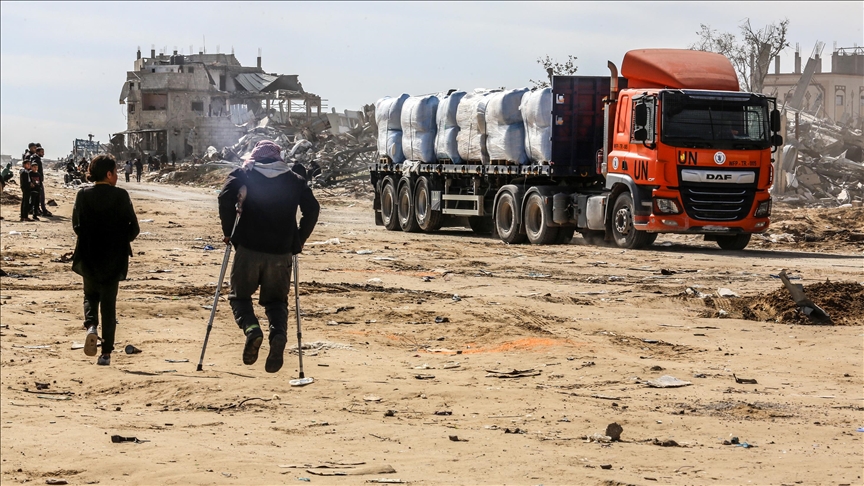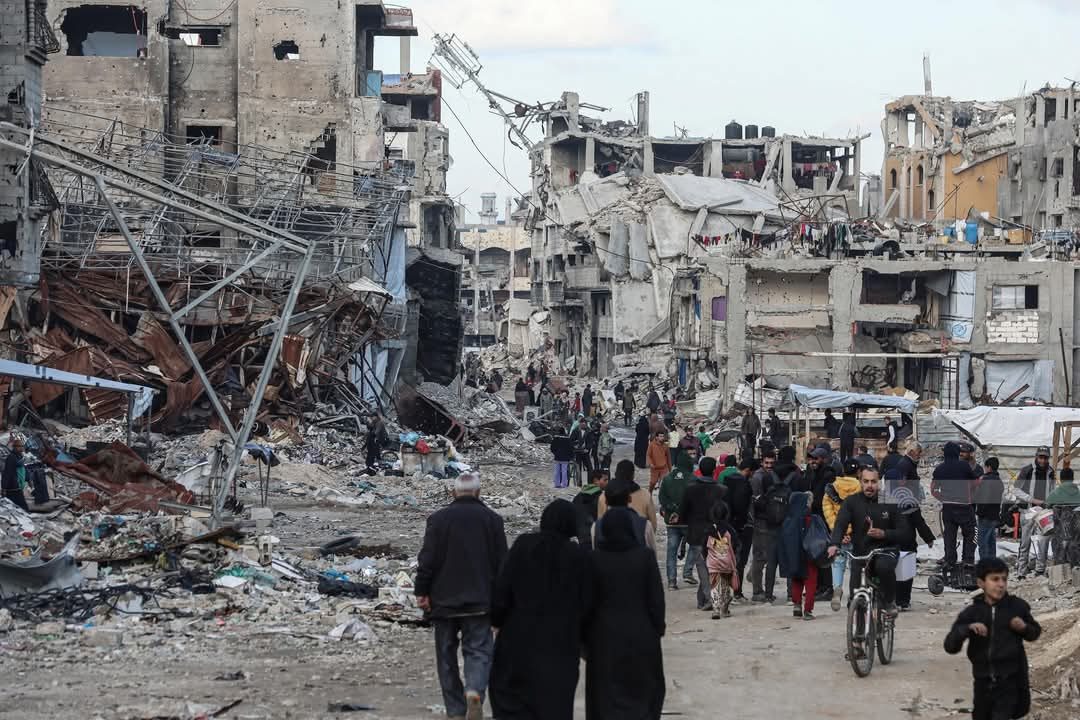In a virtual participation at the 2024 Global Security Forum, Rwanda’s President Paul Kagame emphasised unity, development, and Rwanda’s strategic growth while reflecting on the country’s tragic past and urging balanced foreign involvement.
Rwanda’s President Paul Kagame provided an overview of his country’s development strategies while looking back at its tragic past on Tuesday during his virtual participation at the Global Security Forum in Doha.
The panel, moderated by Al Jazeera’s Steve Clemons, started by highlighting the 1994 genocide in Rwanda, one of the worst to occur in the world.
Kagame said that the genocide “never gets distant in the past” despite the passing of three decades since it occurred. The country has also been discovering new mass graves 30 years on, including one discovered last October.
“Society has been healing and I think it’s, in my view, something we didn’t even expect that it would grow this fast. We’ve been working together, trying to bring the country back together,” he said.
The Rwandan president noted that while society has been divided in the country, it has “been reversed.”
“We try to build unity and it is happening, it is something that is also benefiting and [beneficial] for the young generation,” he added, stressing that his country will not allow the repetition of the past.
Rwanda has been developing to become a key trade and economic hub in Africa with increased partnerships between major companies and entities. This includes Qatar Airways, which had signed a “milestone” codeshare agreement with RwandAir in 2021.
Between 2022 and 2023, both sides operated around 156 flights between Doha and Kigali. During the same period, the airline witnessed a 10 percent month-on-month growth, resulting in more than QAR 7 million (around $2 million) in revenues.
Work is underway to establish the Bugesera International Airport, set to be completed between 2027 and 2028 after the construction started in 2017. Qatar Airways is also interested in investing in the project.
Kagame said that Rwanda’s developmental roadmap is based on Kigali’s unity.
“The foundation in this case for us is unity and we are building on that foundation by investing in people and investing in human capital,” he said.
Foreign involvement and interest in Rwanda were among the points the panel with Kagame tapped into. He noted that Rwanda learned “a lot of lessons” from the past.
Commenting on the competition between the United States and China, he stressed that Rwanda and Africa cannot be “crushed” in this issue while opening the invitation to both countries to invest in Rwanda.
“We are also seeing the United States and China competition turning into an increasingly adversarial sort of relationship. We don’t think it’s correct for Rwanda and Africa to be consumed by those powers and being crushed in between,” he said.
Peacekeeping missions from the United Nations have been spread out across Africa since 1960, with at least more than 30 such missions scattered across the continent.
Kagame placed great emphasis on the need to reflect on the UN missions’ presence in the region.
“If you look at the Democratic Republic of Congo, our neighbour, over 20 years so much was invested in tens of billions. So what did they get from that? Zero. The problems continue as they were before,” he said.
Tensions have been on the rise between Rwanda and DRC since 2022.
DRC continues to be mired in one of the world’s deadliest crises, where conflict with rebels from the March 23rd Movement (M23) has raged on. There are 6.1 million internally displaced people in DRC, according to the United Nations.
The U.S. and DRC have long accused the M23 of being backed by Rwanda, though it repeatedly denied those claims.
In 2022, Angola mediated the Luanda Roadmap Agreement between both sides, but it was quick to collapse under the escalations between Rwanda and DRC.
In January 2023, Qatar attempted to host peace talks between the conflicting sides in an attempt to bring together representatives from Angola, Kenya and the African Union. However, conflicting reports at the time claimed that the meeting was cancelled due to a no-show by DRC’s leader.







